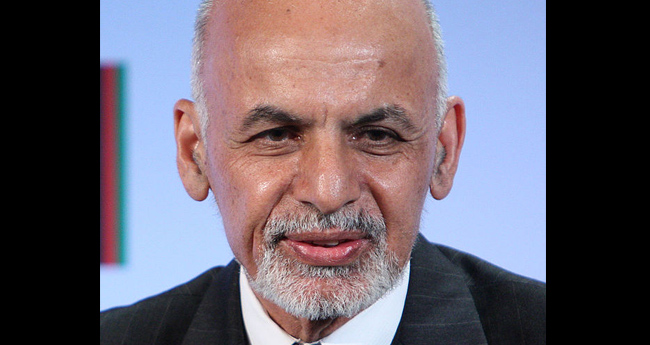Afghan President Ashraf Ghani has unveiled his unity cabinet more than three months after he was sworn in.
The names of 25 ministers were read out at a ceremony in Kabul presided over by Mr Ghani and government chief executive Abdullah Abdullah.
The announcement comes after tortuous negotiations between the two former rivals who agreed to work together following disputed elections last year.
The cabinet still needs to be approved by parliament.
Mr Ghani’s cabinet contains three women, for the portfolios of women’s affairs, culture and higher education.
As widely rumoured, his new foreign minister is confirmed as Salahuddin Rabbani, son of former president Burhanuddin Rabbani who was killed by a suicide bomber in 2011.
New heads for Afghanistan’s National Bank and the NDS, Afghanistan’s National Security Directorate, were also announced.
BBC Afghan’s editor in Kabul, Waheed Massoud, says almost all the cabinet are new faces. Some are hardly known to the public.
Many of the new ministers are young and have not been deeply involved in the years of political fighting and war which have blighted Afghanistan’s recent past, he says.
« The government will refer them to the parliament for a vote of confidence, » Mr Ghani’s chief of staff, Abdul Salam Rahimi, said. He did not say when the vote might be held.
Surge in attacks
Mr Ghani marked his first 100 days in office last week. He was sworn in on 29 September after an election his rival accused him of winning by fraud.The long delay in confirming the cabinet had prompted fears that the unity government might fall apart over the issue.
The United States helped broker the unity deal.
Reuters news agency reports that the cabinet make-up reflects the two rival camps and contains « prominent ethnic and regional power-brokers ».
Mr Ghani’s time in office has seen a surge in Taliban attacks as militants seek to exploit the vacuum in government.
The president’s biggest initiative has been to sign security agreements allowing US-led forces to end combat operations at the end of last year.
At the start of this year, Afghan forces took over full responsibility for security.
Some 13,000 mainly American soldiers remain in a training and support role, together with a few thousand US troops whose focus will be on counter-terrorist operations.

